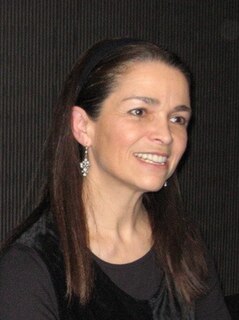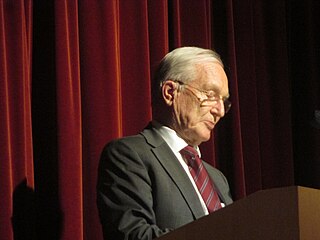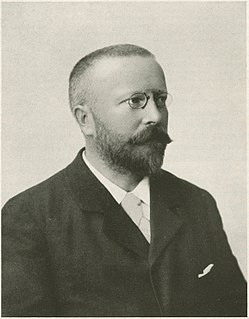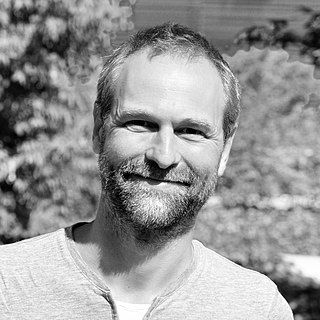Related Research Articles

Jürgen Anton Benedikt Niese, also known as Benedict, Benediktus or Benedictus Niese, was a German classical scholar.

Carl Georg Christoph Beseler was a Prussian jurist and politician.
Joachim Werner was a German archaeologist who was especially concerned with the archaeology of the Early Middle Ages in Germany. The majority of German professorships with particular focus on the field of the Early Middle Ages were in the second half of the 20th century occupied by his academic pupils.

Vivian Liska, born in New York City, United States is a professor of German Literature and Director of the Institute of Jewish Studies at the University of Antwerp, Belgium. Since 2013 she is also Distinguished Visiting Professor at Hebrew University, Jerusalem.

Antje (-Maria) von Graevenitz, born Ludwig is a German art historian, art critic, educator and author.

Lothar Gall is a German historian known as "one of German liberalism's primary historians". He was professor of history at Goethe University Frankfurt from 1975 until his retirement in 2005.

Eugen Mogk was a German academic specialising in Old Norse literature and Germanic mythology. He held a professorship at the University of Leipzig.
Friedrich Wilhelm Karl, Ritter von Hegel was a German historian and son of the philosopher Georg Wilhelm Friedrich Hegel. During his lifetime he was a well-known and well-reputed historian who received many awards and honours, because he was one of the major urban historians during the second half of the 19th century.

Heinrich Morf was a Swiss linguist and literary historian.
Liselotte Richter was a German philosopher and theologian. She was the first female professor for philosophy in Germany.
Sabine Doering-Manteuffel.
Edith Saurer was an Austrian historian, university professor at the University of Vienna, scientific author, and publisher. She is regarded as a central cofounder and advocate of feminist historiography in Austria. She received the Käthe Leichter Prize, Gabriele Possanner State Prize, and the Golden Medal for her services to the State of Vienna.
Sigrid Grabner is a German writer.
René Gründer is a German sociologist.

Thomas Mohnike is a specialist in Literature and Cultural Studies and Professor of Scandinavian Studies at the University of Strasbourg.

Martina Wagner-Egelhaaf is a Professor of German Literature at the University of Münster, Germany, and holds a chair in German Literary History with special focus on Modernity and Contemporary Literature. Her fields of research include Autobiography/Autofiction, Literary Theory, Rhetoric, Literary and Cultural Studies, Gender Studies, the relation of Religion, Politics and Literature as well as Law and Literature.

Norbert Schappacher is a German mathematician and historian of mathematics. He was an Invited Speaker at the International Congress of Mathematicians in 2010 in Hyderabad.
Rudolf Vierhaus was a German historian who mainly researched the Early modern period. He had been a professor at the newly founded Ruhr University Bochum since 1964. From 1971, he was director of the Max-Planck-Institut für Geschichte in Göttingen. He became known for his research on the Age of Enlightenment.
Fritz Paul is a German philologist who specializes in Scandinavian studies.
Élisabeth Décultot is a French Germanist, art historian and literary scholar. Since February 2015 she has held an Alexander von Humboldt Professorship at the Martin Luther University of Halle-Wittenberg. Since September 2020 she has been managing director of the Interdisciplinary Center for Research on the European Enlightenment
References
- ↑ Genealogisches Handbuch des Adels, Adelslexikon Band XIII, Band 128 der Gesamtreihe, Limburg an der Lahn 2002, p. 15 f.